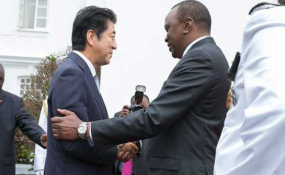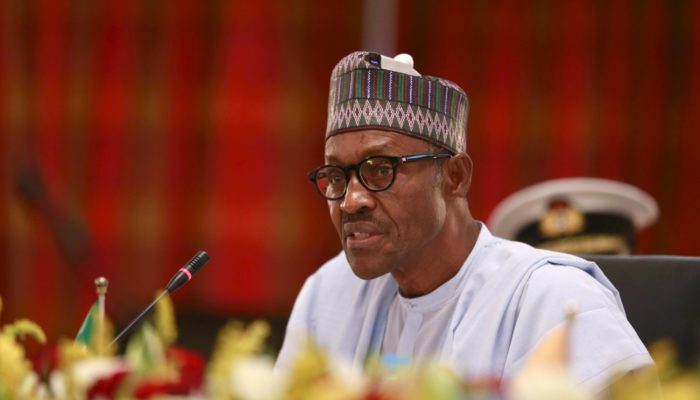A private mining syndicate has made a potentially “world class and highly unusual” Nickel discovery in Nigeria, The Australian, an Australian national newspaper is reporting.
The private mining syndicate is reportedly headed by Hugh Morgan, a mining industry veteran.
“The discovery is unusual because the nickel is found in small balls up to 3mm in diameter of a high purity in shallow soils in what could be the surface expression of a much bigger hard-rock nickel field,” the newspaper said.
“The nickel balls, rumoured to grade better than 90 per cent nickel and thought to be a world first given their widespread distribution, offer the potential for early cashflow from a simple and low-cost screening operation to fund a full assessment of the find that has exploration circles buzzing.”
Details of the discovery are sketchy, according to the newspaper, but it was rumoured to be close to Dangoma, a small farming town about 160km northeast of the Nigerian capital of Abuja.
Checks by PREMIUM TIMES showed that Dangoma is located in the North-West state of Kaduna.
When asked to comment last week, Mr Morgan reportedly said it was for the Nigerian government to make an announcement.
Kayode Fayemi, the Minister for Solid Minerals, will be among the speakers at a three-day Africa Down Under mining conference at Perth’s Pan Pacific Hotel, Australia, in September.
Mr. Fayemi is to speak first on Wednesday, September 7, and Mr Morgan will follow along with consulting geologist Louisa Lawrance. Mr Morgan is listed as speaking as a director of the private company Comet Minerals.
Olayinka Oyebode, Mr. Fayemi’s Chief Press Secretary, said he had no details of the discovery, but confirmed his principal is scheduled to be in Australia next week.
“I know there is a mining conference coming up in Australia where the Honourable Minister is supposed to make a presentation,” Mr. Oyebode told PREMIUM TIMES via phone on Monday.
“But I don’t have an advance knowledge of what he’s going to talk about but, generally speaking, he’s going to market Nigeria.”
Mr. Oyebode asked this newspaper to give him till Monday evening for Mr. Fayemi’s reaction on the nickel discovery in Kaduna.
But an official of the ministry, who asked not to be named because he was not authorised to speak on the matter, said Mr. Fayemi’s delegation would most likely sign an exploration deal with the Australian syndicate at the conference.
Nickel is primarily sold for first use as refined metal. About 65 percent of it consumed in the West is used to produce stainless steel.
The world’s largest producers of Nickel include The Philippines, Indonesia, Russia, Canada, and Australia, according to the US Geological Survey.
In August, Mr. Fayemi told Bloomberg that one of the Nigeria government’s priorities is to meet its annual steel demand of 6.8 metric tons, from a current output of less than 2.5 metric tons, produced mainly from scrap iron.
“In two to five years, we want to have started production of iron ore, lead, zinc, bitumen, nickel, coal and gold at a serious scale,” Mr. Fayemi had said.









